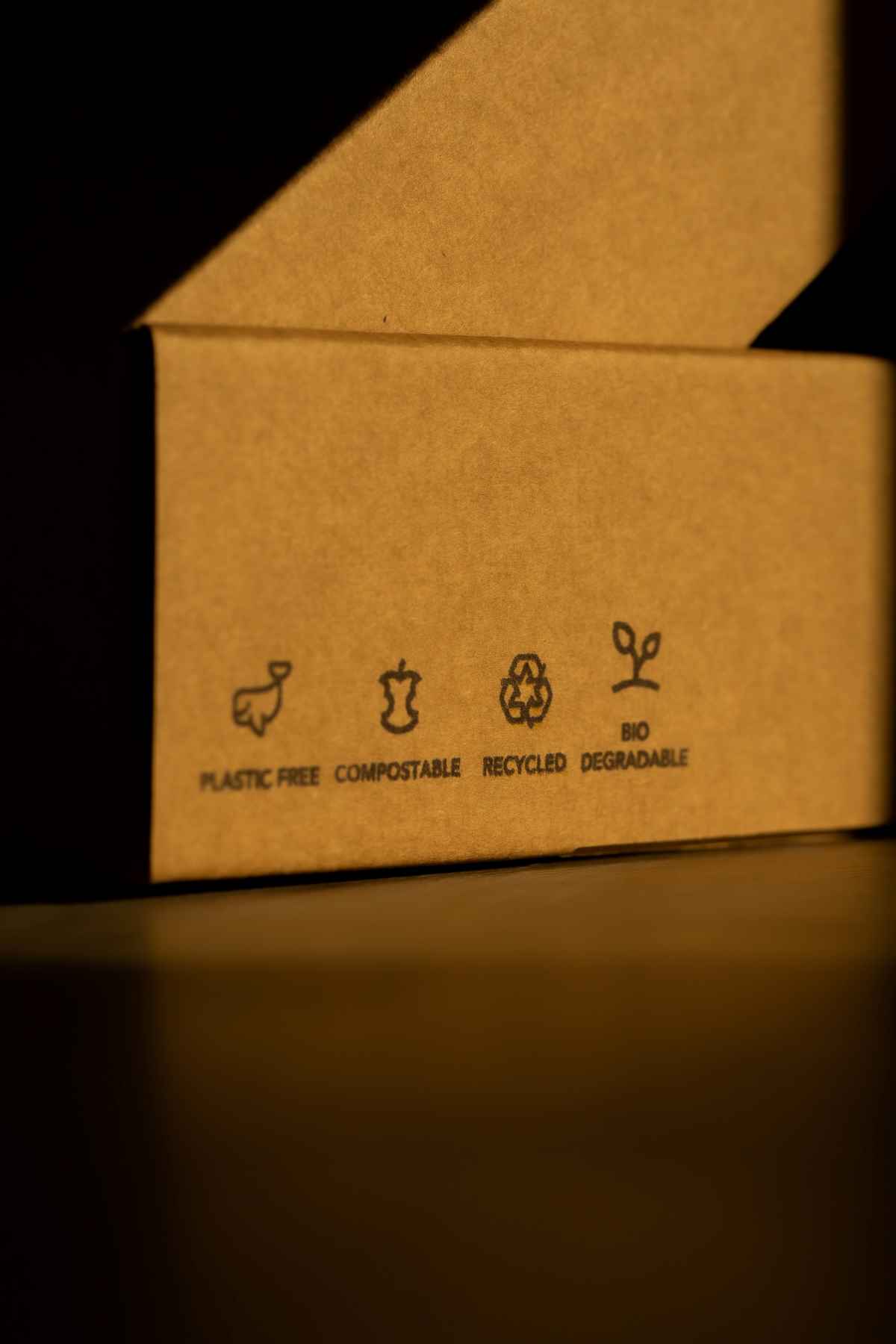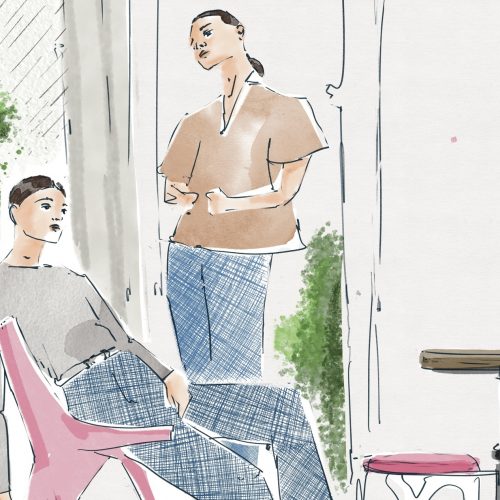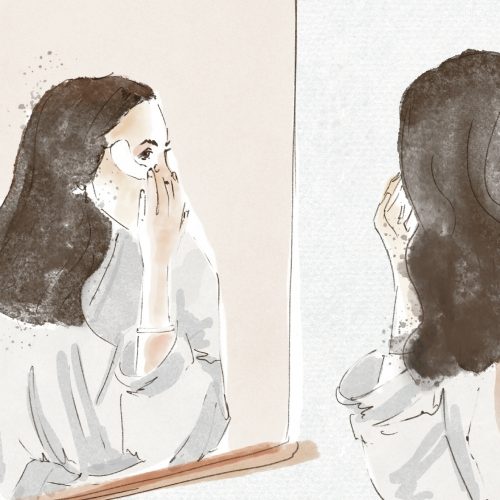Has Sustainability Become A Gimmick?
Sustainability has become a popular trend. Transforming into more of a performance rather than the movement it once was. Businesses and corporations are using deceptive tactics to falsely claim sustainability, whilst neglecting to implement real change. Has sustainability lost its meaning?
To receive the Luxiders Newsletter, sign up here.
Sustainable this, eco-friendly that. It’s hard not to be caught up in the green buzzwords. Now more than ever, consumers are demanding organisations (big and small) to make more sustainable choices. However, due to greenwashing tactics it can be hard to tell when these choices are really helping our environment.
Sustainability itself has become focused on perfection. With sustainable influencers portraying an at times unattainable version of a sustainable lifestyle. There is a mounting pressure to be perfect in your sustainable choices, loosing sight of the small but significant changes we are doing every day to improve our world.

SUSTAINABILITY: A PERFORMANCE
Sustainability has moved from a movement, to an image. An image that has become easy for marketing teams to recreate. The term greenwashing has become synonymous with the image of sustainability. Greenwashing, involves deceptive marketing strategies that can make something seem more environmental than it really is.
In 2019, H&M began a new eco-conscious line where at least 50% of the product is made from sustainable materials, making it a perfect example of greenwashing. Despite slapping a green leaf and eco sticker on their clothing, which isn’t even fully recyclable, they’re still one of the largest suppliers of fast fashion. H&M produce on average 34,000 tons of waste.


THE TRUTH: PERSPECTIVE AND PRIVILIGE
Sustainability has become an inaccessible lifestyle for many. The expectations of how to perform sustainability correctly: the diet, where you shop, what energy you use. It is an expensive expectation. Many sustainable clothing brands can be much more expensive than their fast fashion competitors. This is because fast fashion cuts costs by not paying their workers an adequate wage. Yet, we cannot ignore that many families may not be able to afford the more sustainable option.
The sustainable furniture, the electric cars: it is hard to ignore how privileged sustainability can be. It has become a black and white concept. You either fit into the set of rules in order to be sustainable, or you do not. We have forgotten the small acts of sustainability, recycling, cutting down our meat, walking more, that are still conscious efforts towards a greener future.
BUILDING A FOUNDATION: THE IMPORTANCE OF GRASS ROOT PROJECTS
Grass root organisations surround local change focused on small areas, often run by volunteers. Urban grassroots initiatives do vital work raising awareness and taking action on sustainability issues. Run largely by volunteers, they fill important gaps left by the public and private sectors, addressing specific local concerns, empowering individuals and enabling community voices to be heard.
BUND stands for Bund für Umwelt und Naturschutz Deutschland (German Federation for the Environment and Nature Conservation). The largest NGO focused on ending climate change in Germany, started as a grass roots organisation.
Among other things, BUND campaigns for ecological agriculture and healthy food, climate protection and the expansion of renewable energies, the protection of endangered species, forests and water. It is easy to be focused on the large corporations that we can ignore the significant impact small communities have had on sustainability.

A GIMMICK? : NOT TO US
Sustainability has in some ways become a gimmick - but that doesn’t mean it has to change our behaviour. The pressure of fitting into the perception of sustainability is can feel overwhelming.
It is important not to loose sight of the small changes we are committing to. Each day, so many of us make more sustainable choices for our planet. They may not be large, expensive electric cars, but even recycling or walking to work makes a small, significant difference.
+ Words:
Emily Fromant
Luxiders Magazine




